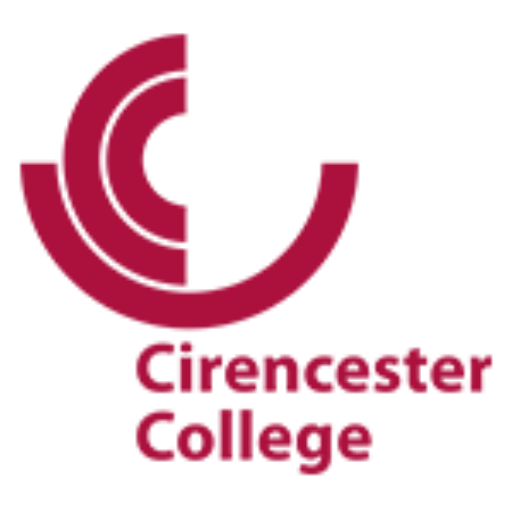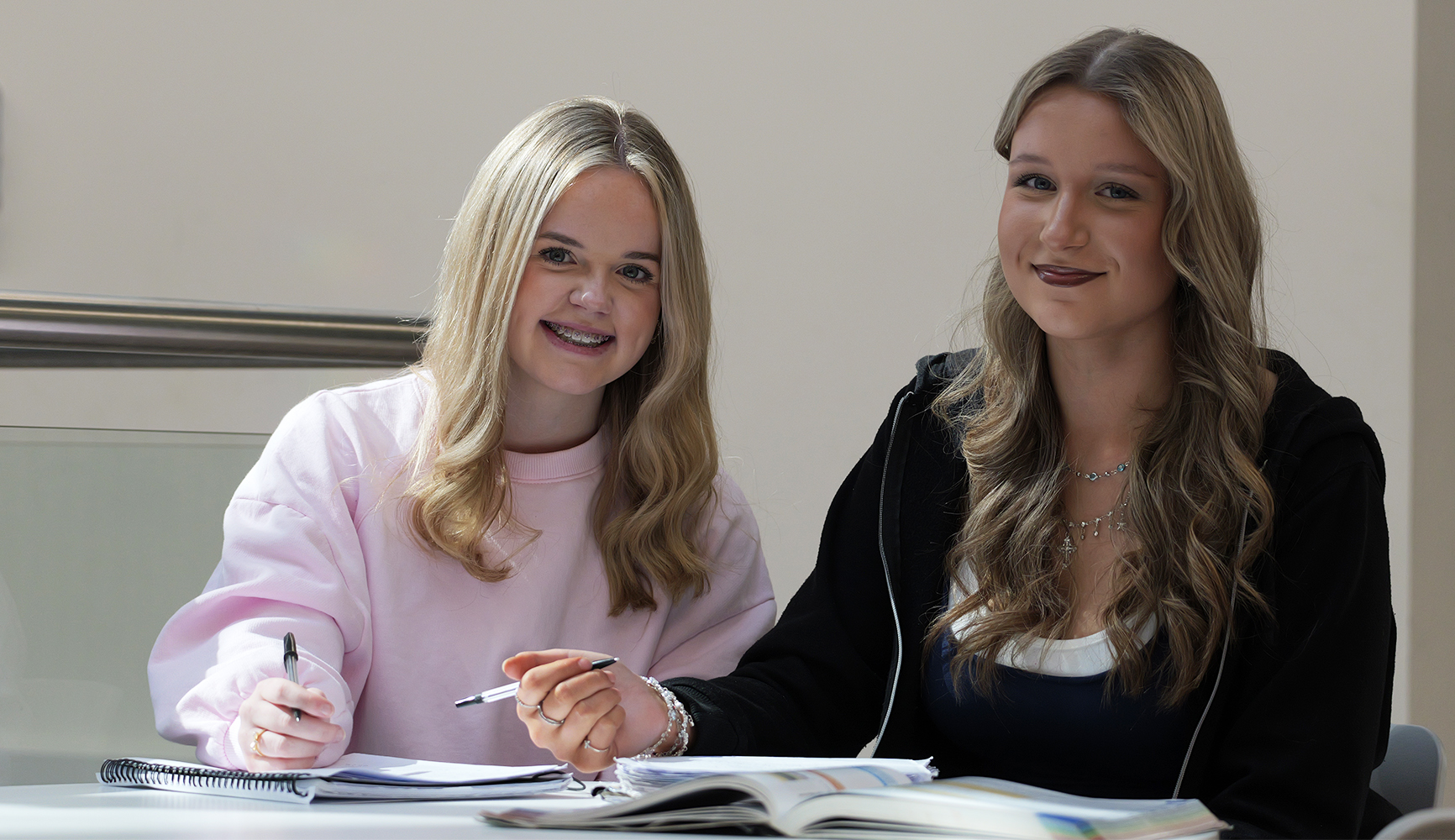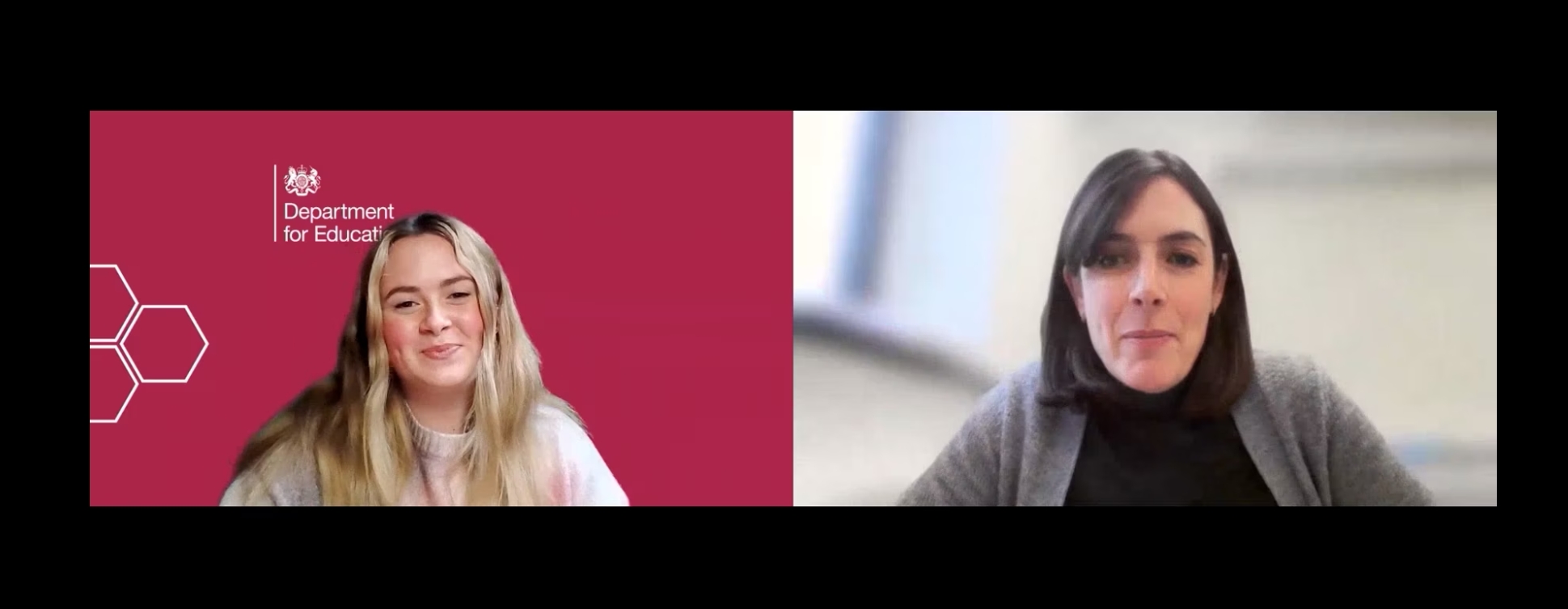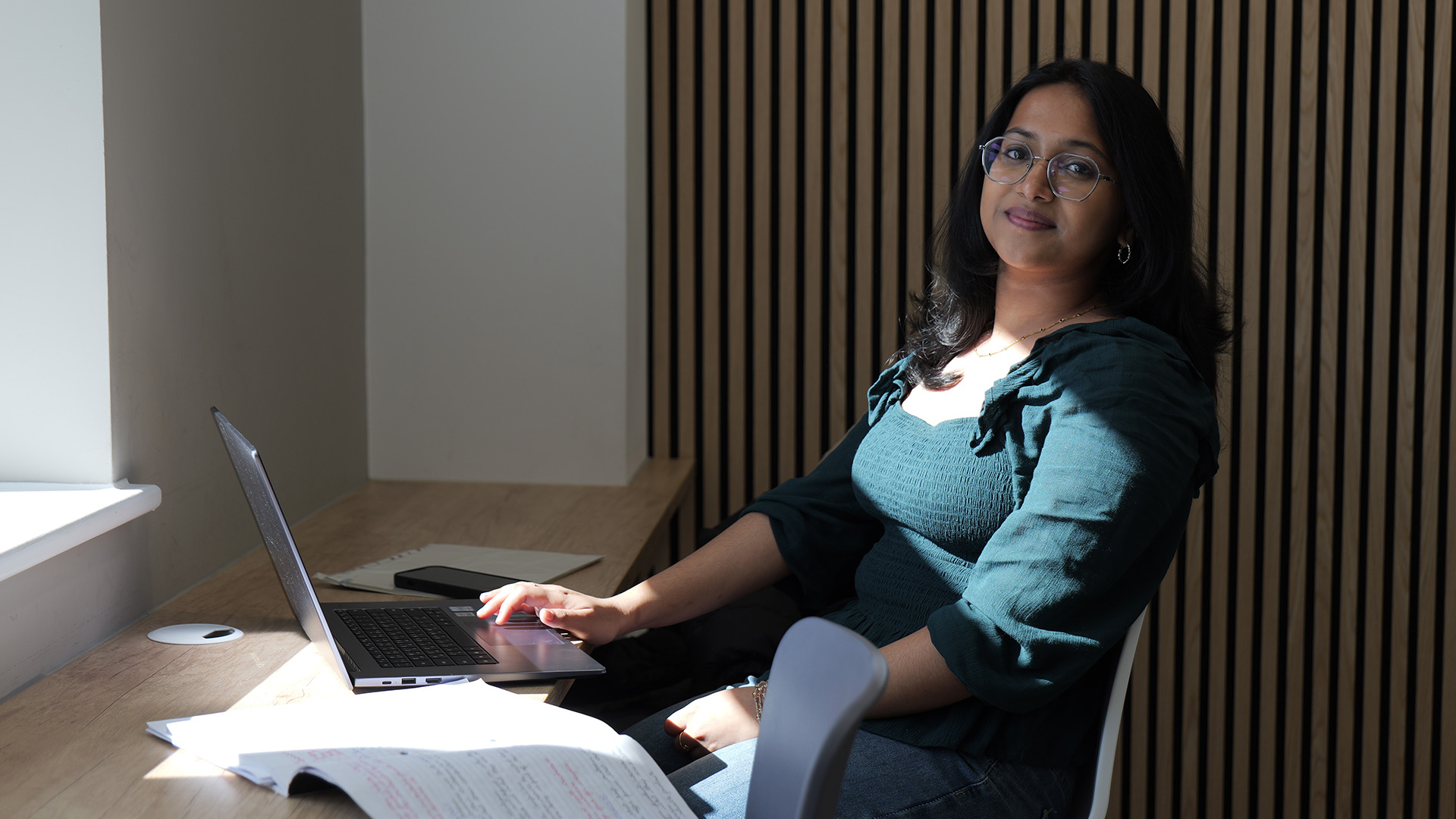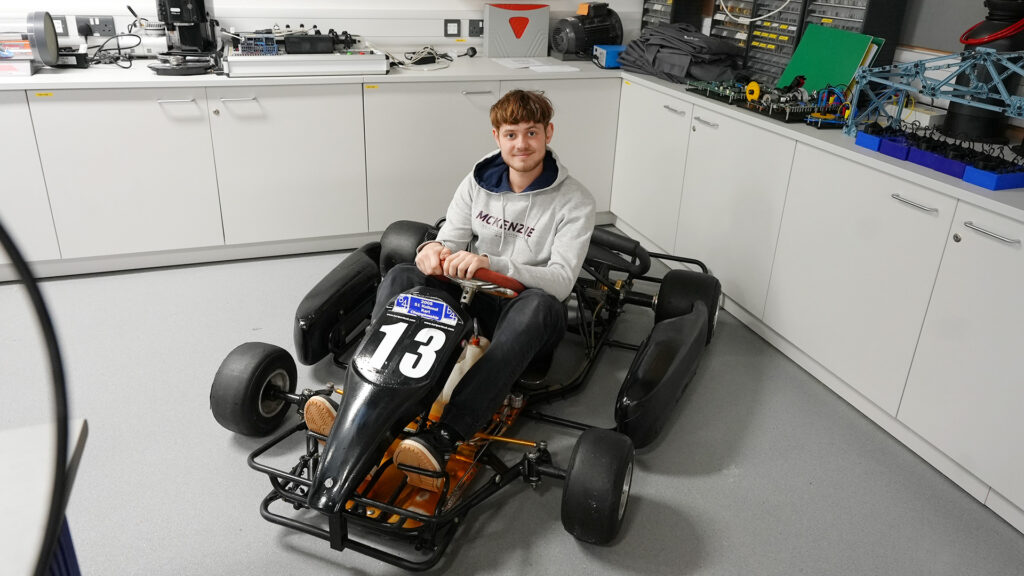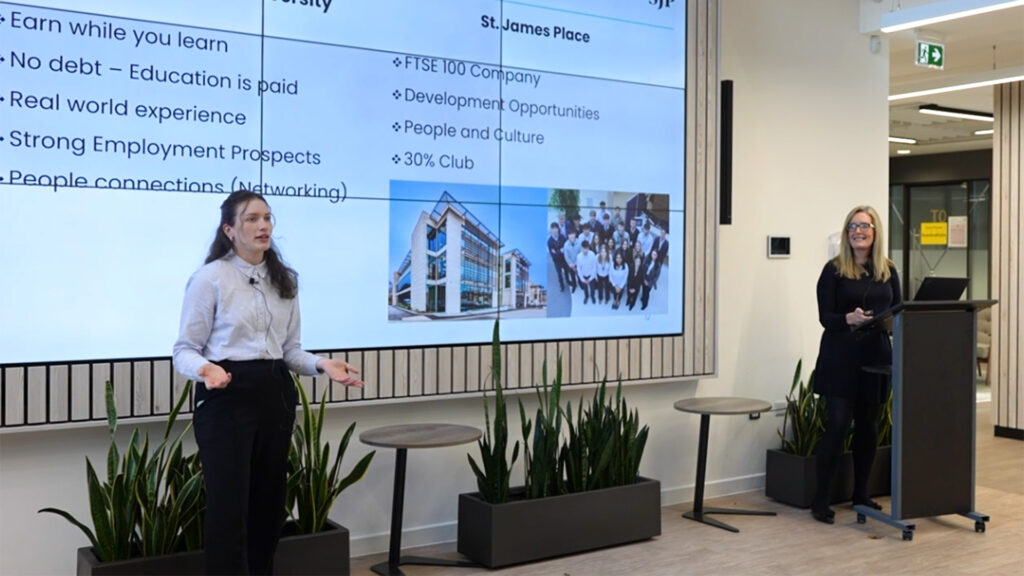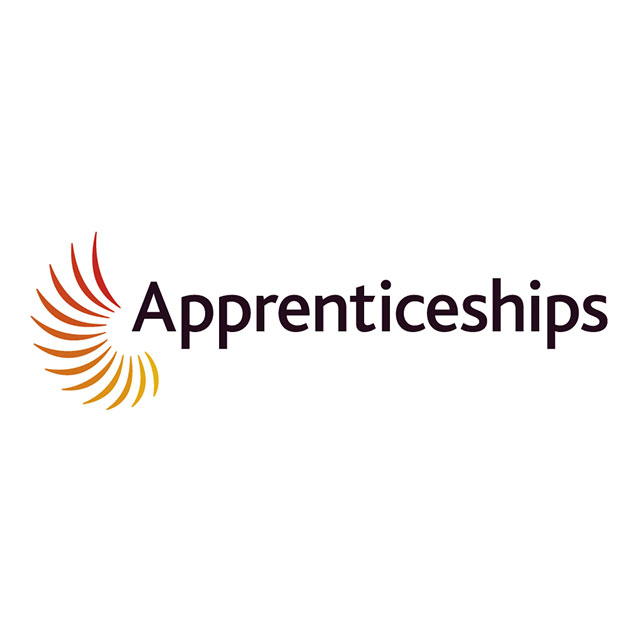DO NOT DELETE OR EDIT THIS ROW OR ITS CONTENTS

Our A-level in Economics equips you with the skills and confidence to explore more on how resources are allocated in the world around us. It leads on from GCSE and provides an excellent basis for further study at university or the apprenticeship route. By learning how to explain and evaluate economic problems and possible solutions, you will acquire a way of thinking as economists and develop a logical approach to thinking and reasoning. Find out more by clicking the link and watching a video on 'What is Economics'.
What will I study in Economics A-level?
There are three mandatory components, focusing on microeconomics, macroeconomics and themes in economics. The third component offers an exciting opportunity for students to apply theories and concepts to up-to-date contexts.
In Microeconomics you will study the following: Introduction to microeconomics • The role of markets • Business objectives • Market structures • The labour market
In Macroeconomics you will study the following: Aggregate demand and aggregate supply • Economic policy objectives • Implementing policy • The global context • The financial sector
Themes in economics is a case study paper combining knowledge from the first two papers (Microeconomics and Macroeconomics).
Entry Requirements
5+ GCSEs at Grade 4 or above from the core subjects including English Language and Grade 5 in Maths.
How will I learn?
Delievery will be in the classroom with a range of teaching methods by our experienced practitioners.
Students will have interactive lessons with group work, flipped learning and directed delivery.
How will I be assessed?
There is no summative assessement until at the end of the course which is in the 2nd year.The end of course assessment structure is simple and straight-forward with no coursework, just three two-hour examinations at the end of the course for each of the two components, that is Microeconomics and Macroeconomics. The third exam paper is a mixture of both Microeconomics and Macroeconomics.
However you will have formative assessments throughout the year to check knowledge, skills and application.
Any trips?
We plan to take our students to visit the Docklands museum in Canary Wharf. There is a modest cost for this trip to cover travel by coach. We also invite a guest speaker from the Bank of England to speak to first year students every year.
Are there any costs involved?
The main course textbook is provided by the College and students benefit from our subscriptions to relevant newspapers and journals. However you should expect some small costs in the year for course booklets and stationary; this should not exceed £15-£20. In particular, students need a basic calculator for lessons and exams.
Device Requirements
MacBook (8GB RAM minimum | M2 or above)
or
Windows laptop (8GB RAM minimum | Ryzen 3 or Intel i3 12th Gen or above)
If you already own a device that meets the technical requirements of your course, you are welcome to bring it with you to college.
If not, more information on a convenient rental and help-to-buy scheme designed specifically for Cirencester College students is linked below.
FAQs
Many of our students go on to study at Economics at University. Others have been successful at securing prestigious school-leaver legal/financial apprenticeships.
There are many job opportunities in Economics including: -
Economist working in the financial sector/civil service and using analysis and research skills to carry out studies regarding economic scenarios
Accountant (or related consultancy work in the financial sector)
Actuary who applies advanced mathamatical and statistical skills to assess risk
Journalism presenting economic issues in the news.
Economists are also in demand to teach in the further and higher education sectors.
No it does not matter that you have not done Economics at GCSE. As long as you enjoy charts, graphs and numbers and have a positive work ethic you will be just fine.
Awarding Body
OCR
Available As
[56 UCAS pts. available]

Add to Application
What can I do after I have taken this course?
Available As
[56 UCAS pts. available]

Add to Application

DO NOT DELETE OR EDIT THIS ROW OR ITS CONTENTS
What the students say

”Economics is split into two parts micro and macro. Each teaching you about the overall economy of a country and the world.
Patrick

